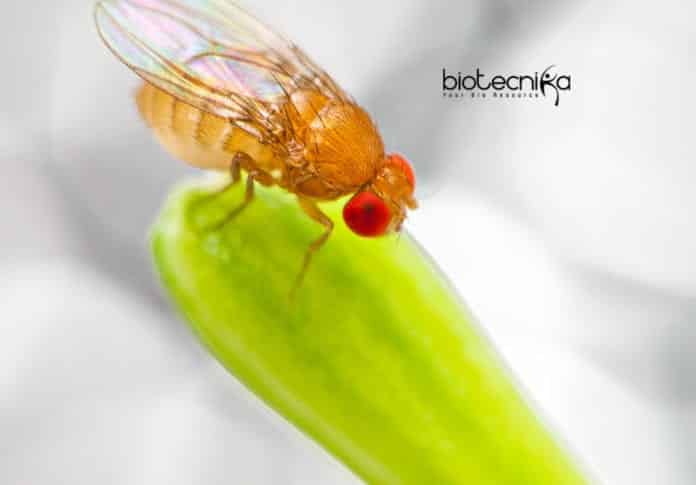Drosophila melanogaster for Personalized Medicines
In a research conducted on fruit flies, scientists have found that gene mapping can also be used to predict response to a given treatment. This knowledge is crucial for the development of personalized medicine.
Patients with the same diagnosis receive a generalized treatment that is not necessarily effective for every person. With knowledge of the individual patient’s genetic makeup, it may be possible in the future to a greater extent to target the medical treatment to fit with the patient’s genetic characteristics.
Genetic information can thus contribute to more personalized or customized medicine. This is not done systematically today, mainly because we have an incomplete understanding of the connection between our genetic material, the disease, and the response to treatment.
Drosophila melanogaster for Personalized Medicines- The Study
Palle Duun Rohde, a postdoc at Aarhus University, said that scientists know that almost all diseases are subject to a certain degree of genetic control. He added that with a better understanding of the genetic and molecular biological processes underlying various diseases, it would be possible to develop new and more targeted types of medicine. This knowledge can also provide a better understanding of why patients with the
same diagnosis do not necessarily respond equally favorably to treatment.Scientists from Molecular Biology and Genetics, Aarhus University, and Chemistry and Biosciences, Aalborg University, have collaborated to understand the genetic mechanisms that contribute to the mental disorder ADHD by using the fruit fly as a model organism.
The fruit fly is a fantastic model organism, which has contributed to major scientific breakthroughs.
Drosophila melanogaster for Personalized Medicines- Why Fruit Flies?
Torsten Nygård Kristensen, professor at Aalborg University, said that several aspects make the fruit fly a key player in the field of human genetics. Up to three-quarters of all identified human disease genes are found in the fruit fly. There is also a high degree of structural and biochemical similarity between the nervous system of humans and insects.
The scientists behind the study continue their search for the genetic mechanisms underlying the different responses to the treatment. Scientists are just embarking on a project on a large human dataset that can contribute new essential knowledge on this topic and the development of personalized medicine.






























